Chief Adviser Yunus's UNGA trip a critical turning point
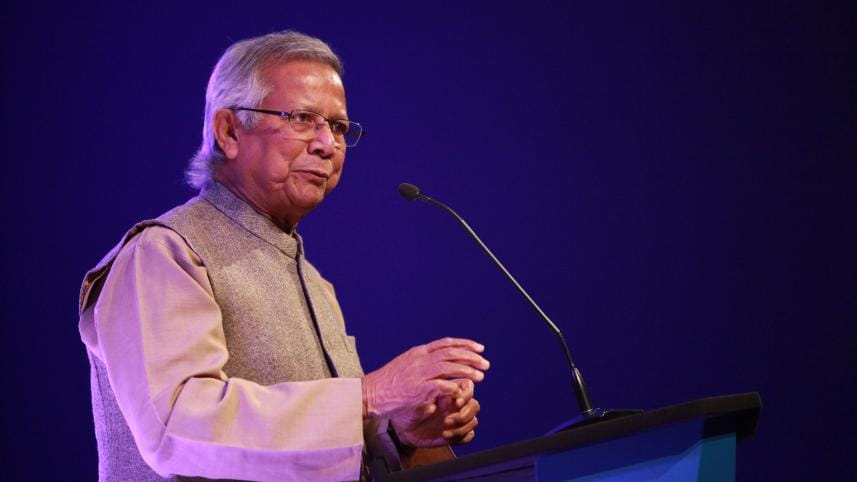
Prof Muhammad Yunus's presence at the UN General Assembly last month, and more importantly at events on the sidelines, marks a new and significant shift in Bangladesh's global relations. His meetings with US President Joe Biden, Canadian Prime Minister Justin Trudeau, Netherlands Prime Minister Dick Schoof, European Commission President Ursula Von der Leyen, many heads of governments from South Asia except the Indian prime minister and Sri Lankan president (the latter because he did not come), US Secretary of State Antony Blinken, UN Secretary-General Antonio Guterres, and many other world figures indicate a dramatic turnaround in Bangladesh's place in the world.
The chiefs of multilateral lenders such as the World Bank, International Monetary Fund (IMF), and Asian Development Bank (ADB) have also agreed to fast-track their assistance and take a deeper look into how to assist us more effectively at this critical juncture. USAID has also shown a renewed interest in Bangladesh and has already extended a loan of $200 million. This is a significant improvement of our relations with global lenders.
To have a Nobel laureate as the head of government is quite in contrast to our past leaders, some of whom were military dictators or power-hungry politicians. Prof Yunus brings in a new and fresh sense of dignity not only to Bangladesh, but to the leadership of the developing world in general. The last such leader was Nelson Mandela. Prof Yunus did not spend 27 years of his life in prison or suffer the lifelong oppression and indignity of living under apartheid. He, on his part, spent his whole life serving the poor and trying to pull them out of poverty through his micro-credit scheme, with women at the centre of change. His model is now being replicated in many developing countries and some developed ones as well, including the US, where replication of the Grameen model is making a significant impact on the poor, especially urban.
The geopolitical implications of Bangladesh's newfound place on the global stage is shrouded in many uncertainties. Euphoria aside, how confident can we feel about the durability of Bangladesh's new closeness with the US, which is with the Biden administration whose tenure ends in January? How strong is Prof Yunus's appeal with the Republicans? Will the friendship survive a Republican election victory? If Vice-President Kamala Harris does not win, much of our expected gains from the US support may fall by the wayside. But, of course, the other results of the visit need not be bound by the same.
How Bangladesh's immediate neighbour India and not so distant neighbour China will deal with the new reality here is something that we need to follow very carefully.
Dhaka formally requested New Delhi for a meeting between the Bangladesh chief adviser and Indian Prime Minister Narendra Modi on the sidelines of the 79th session of the UNGA. It could not happen due to the mismatch in their travelling dates. This resulted in the unexpected situation of our leader meeting the president of Maldives and prime ministers of Nepal and Pakistan, but not the leader of our most important neighbour, India. The meeting between our Foreign Affairs Adviser Md Touhid Hossain and his Indian counterpart S Jaishankar seemed to have gone well on the face of it, but how meaningful it really was, only time will tell.
The collapse of Sheikh Hasina's government profoundly shocked India. It has not yet been able to fully assess what to make of the changes and understand its profundity. As reported by its media, from the outset, India got carried away with the view that foreign hands were behind the July uprising and that it was either the CIA or Pakistan's ISI or both that were behind what occurred. This prevented the Indian policymakers from understanding and then accepting the reality that the government that it was patronising in Bangladesh and whose election manipulation it knowingly overlooked had really lost its footing and had suffered a total loss of public support. To attribute the whole July uprising as nothing but the work of outsiders and to not see the massive mass participation and obvious popularity of the transformation amounted to India totally not seeing the ground reality and missing out on any realistic assessment of what had happened. This, in my view, has prevented Indian policymakers from making a fact-based reality check. The subsequent spread of "anti-Indianism" in Bangladesh may have further consolidated India's view.
Whatever we say about the policymakers, the important keys of bilateral relations are ultimately held by the bureaucrats with occasional reaching out to think tanks and experts. For bureaucrats, to acknowledge that they failed to see the deep and widespread unpopularity of the Hasina regime is to admit their massive failure and incredible incompetence. That the bureaucrats—anywhere in the world, including in our own country—will never do. Hence, finding "facts" that are tenuous and "logic" that are contrived have become the main contributors to India's "understanding" of the new reality.
It has been my privilege to be interviewed by more than half a dozen important Indian media outlets on the recent developments. What deeply surprised and disappointed me was how casually they accepted whatever appeared on social media and presented that as facts in the interviews. They literally made no effort to check the story. I didn't mention the verification done by The Daily Star but used the results of fact-checking done by BBC to challenge their contentions. They believed what they wanted to and not what really happened.
India needs to deeply introspect about its relations with Bangladesh—maybe with others in the region, too—and recalibrate a genuinely win-win way forward. The recent remarks of India's Home Minister Amit Shah that "every infiltrator will be hanged upside down," meaning mainly Bangladeshis, will only alienate India further and cause internal divisions also. We, on our side, must realise that relations with India cannot be left to populism and that sweeping anti-Indianism will not get us to our desired goal of a balanced, mutually beneficial relationship that will drive advancement and regional peace and stability.
The meeting between our chief adviser and the prime minister of Pakistan and the sudden opening up with the country surprised many. This paper is in favour of normalising relations with Pakistan, but not without an acknowledgement and apology for the genocide that they conducted in 1971. If South Korea and China could extract apology for the Japanese atrocities in World War II, what is wrong with us demanding the same from Pakistan?
China has been very realistic and reached out—though the Chinese support that Sheikh Hasina enjoyed was well-known—to the new setup early and has consolidated it through the meeting between the Chinese foreign minister and Prof Yunus in New York.
Compared to where we were, what Prof Yunus has achieved in the international arena so far is a miracle. At the moment, Bangladesh enjoys a global goodwill that is both unprecedented and crucial. It is an opportunity that we cannot allow to slip through our fingers. Our foreign office needs to become sharper and faster, and equip itself more with expanded knowledge and quick training. We have a competent adviser who, we expect, will reach out to the academics, think tanks and the media—which he has not done yet sufficiently—to strengthen the process of linking ourselves to the world, especially our trading partners, and bring home the gains that the new opportunities offer.
Mahfuz Anam is the editor and publisher of The Daily Star.
Follow The Daily Star Opinion on Facebook for the latest opinions, commentaries and analyses by experts and professionals. To contribute your article or letter to The Daily Star Opinion, see our guidelines for submission.




 For all latest news, follow The Daily Star's Google News channel.
For all latest news, follow The Daily Star's Google News channel. 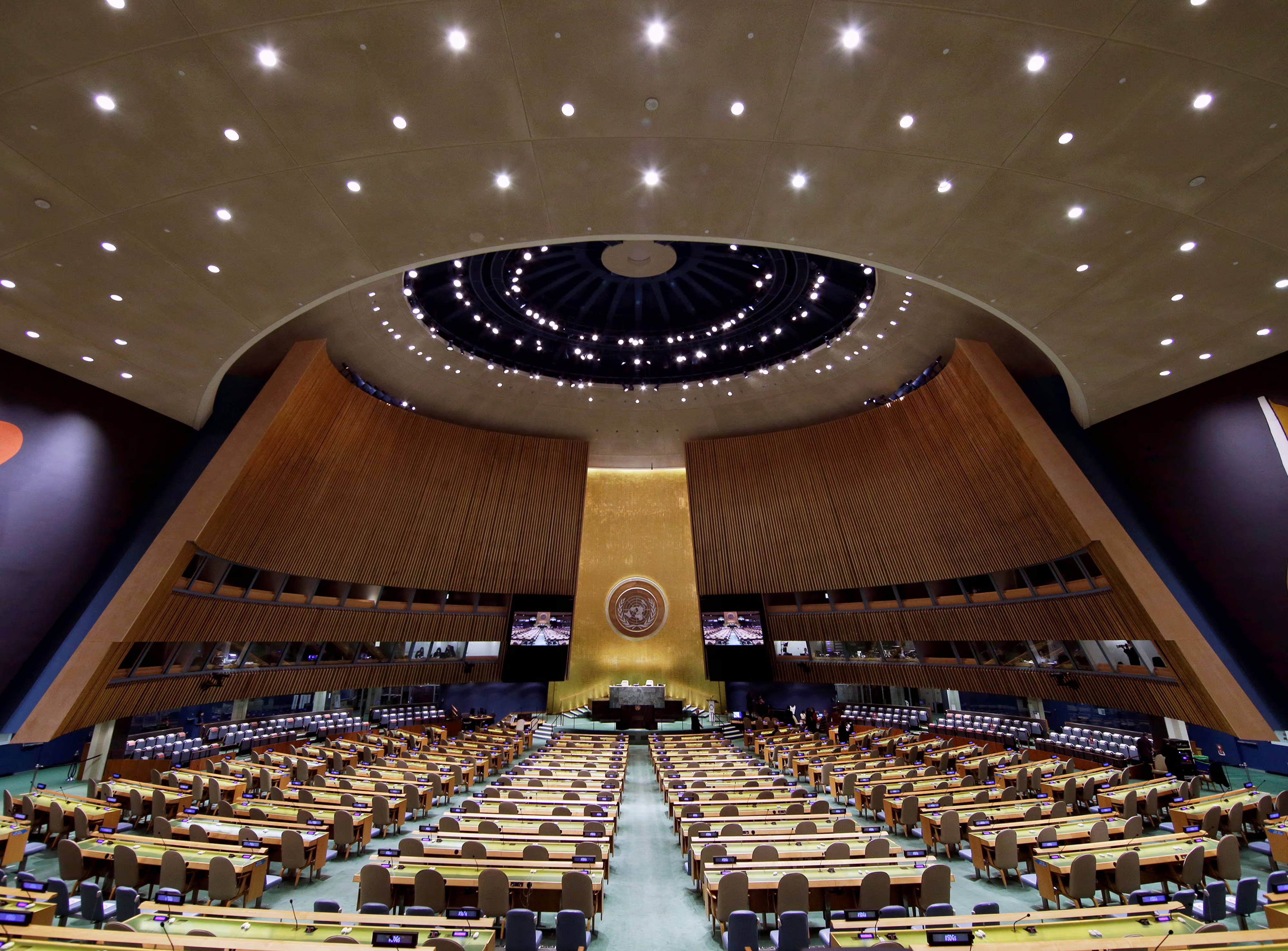

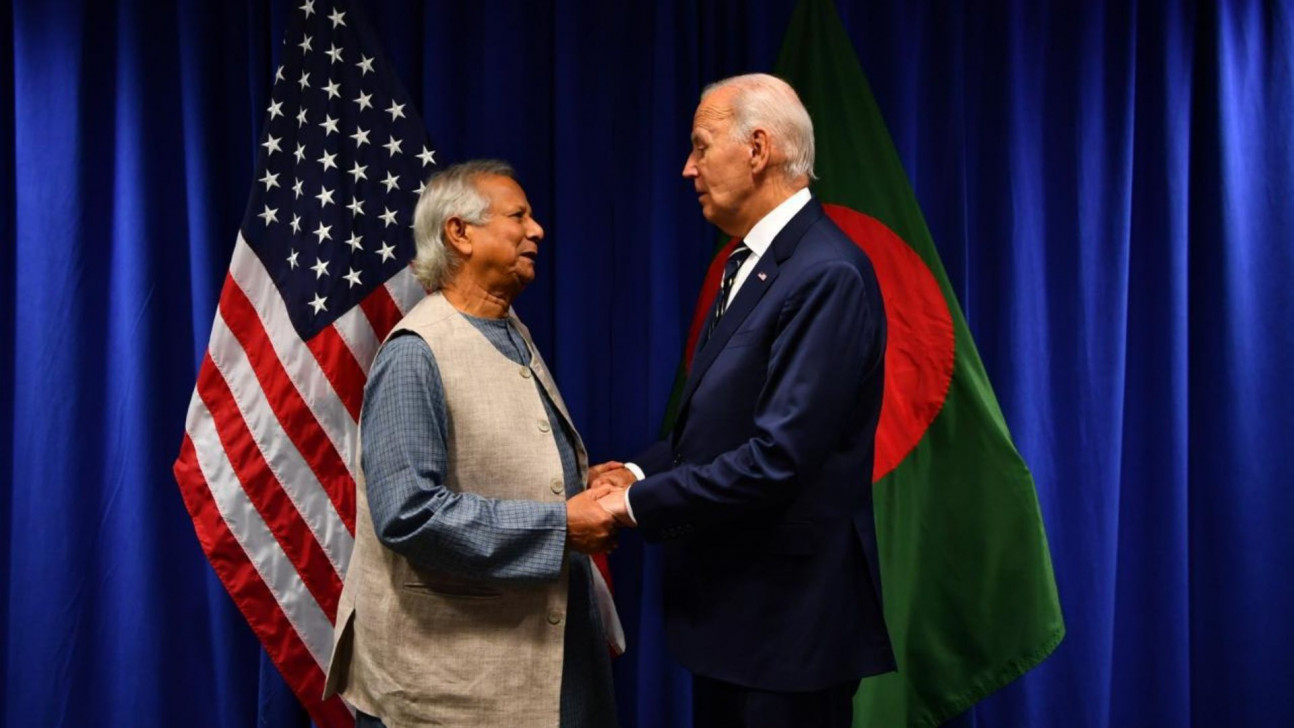
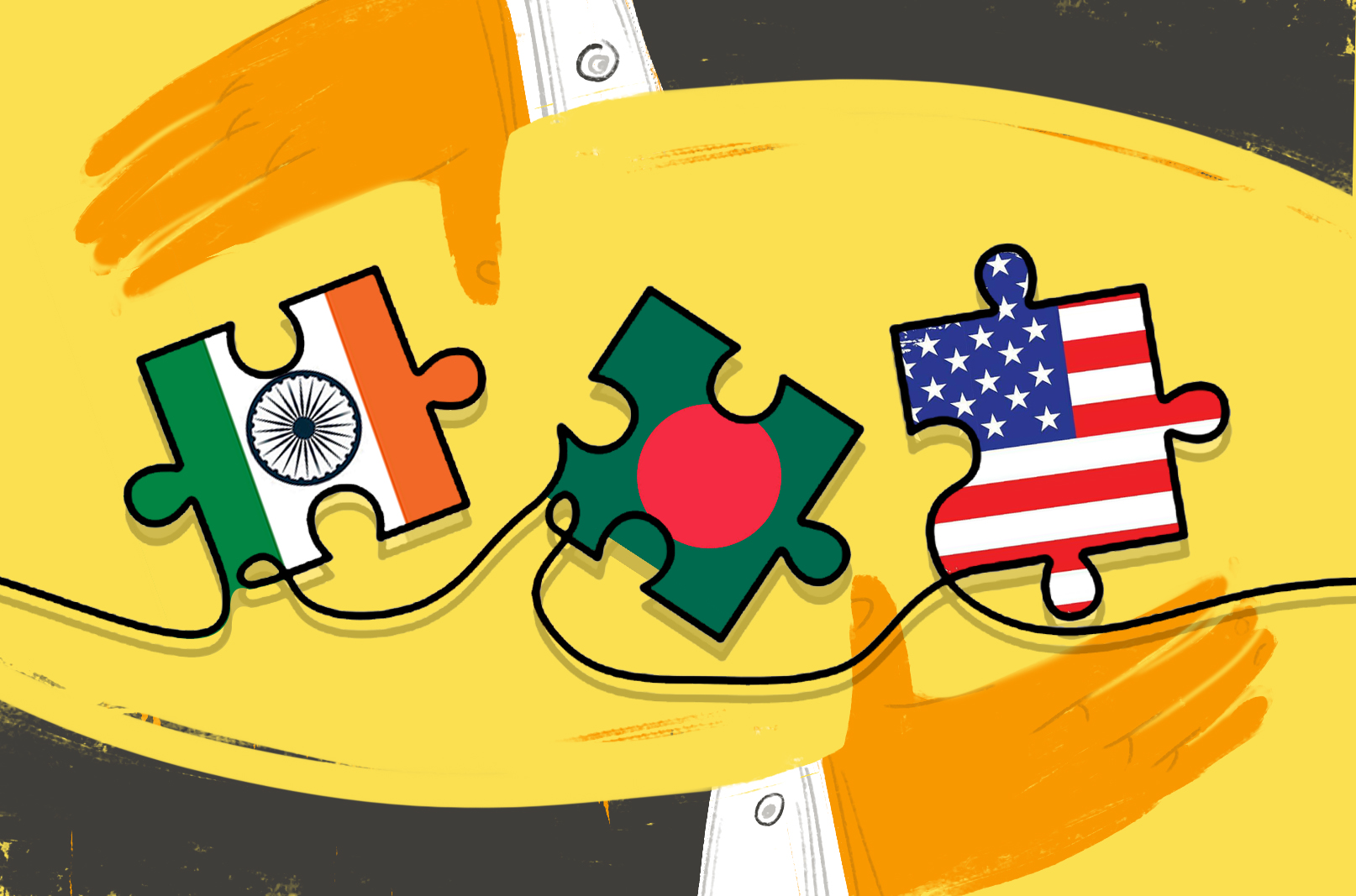
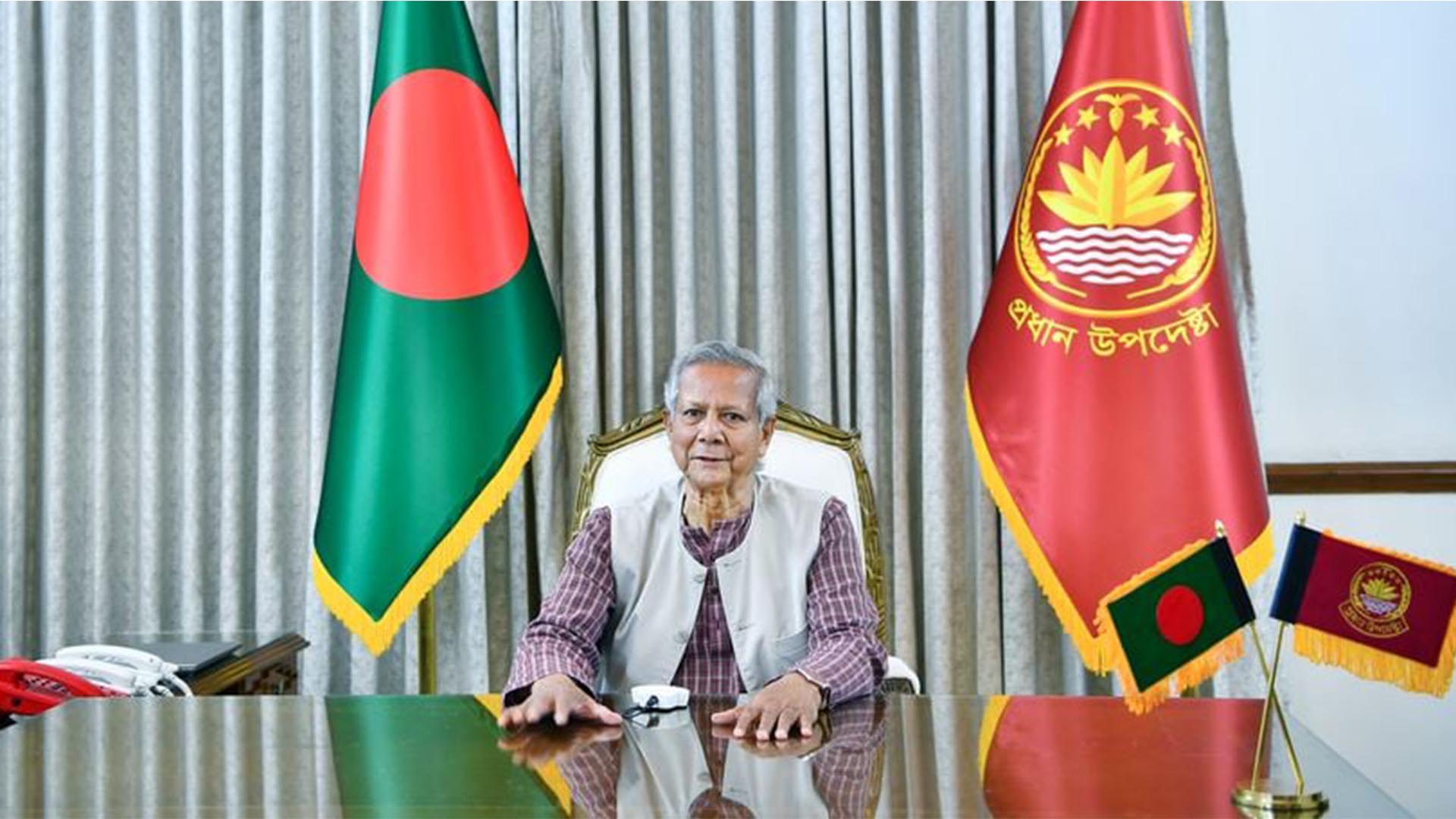
Comments